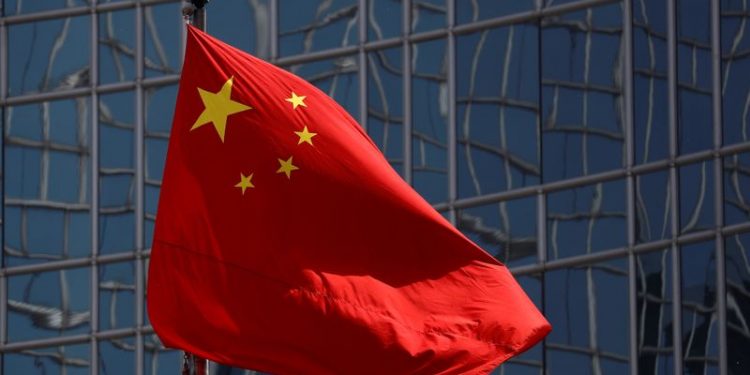Beijing [China], May 31 (ANI): China’s plan for an industrial fishing harbour in Sierra Leone has drawn criticism from conservationists and landowners, terming it “a catastrophic human and ecological disaster”.
The locals have said that the project would destroy the pristine rainforest, plunder fish stocks and pollute fish breeding grounds and marine ecosystems.
The Sierra Leonean fisheries ministry confirmed that the deal but denied that the land would be used to build a fishmeal factory, saying it would be used to export fish.
The ministry said it had set aside USD 1.3 million to compensate those who would be displaced.
China has defended the project amid the accusation that it had bought 250 acres (101 hectares) of land that would displace people and destroy the ecosystem.
The Chinese embassy in Freetown said concerns about environmental risks were unfounded and that the project was owned by Sierra Leone.
Du Zijun, the economic and commercial counsellor at the Chinese embassy, said the project in a community known as Black Johnson would promote the development of Sierra Leone’s fishery sector. He also stressed that the plan was to build a harbour rather than a “fish meat mill”.
“The accusation about the Sierra Leonean side selling 250 acres of land to China is groundless,” he said.
He also said that accusations that China was “not paying attention to environmental protection and destroying the ecological environment are completely sensational and hypothetical”.
Environmentalists insist that the project could have disastrous consequences for marine resources, leading to the collapse of key species and jeopardise the food security of Sierra Leone.
According to the Environmental Justice Foundation, species that are key for local food security and livelihoods will be sent to factories to be turned into feed for agriculture and aquaculture.
Early this month, the Black Johnson Land Owners Group sent a petition to President Julius Maada Bio, urging him to cancel the deal, which they said would destroy pristine rainforests and ecosystems as well as deplete fish stocks.
“We appeal for your immediate intervention and leadership to prevent a catastrophic human and ecological disaster … The government of Sierra Leone has sold off 250 acres of protected rainforest and beach land to the Chinese. The proposed use is for fish meal production,” the group said.
“What this means is that vast quantities of fish are ground down to make fish meal pellets for export. Industrial fish meal production is hugely damaging to the environment. Fish meal factories discharge toxic chemicals,” the group added.
Concerns over the project highlight growing disquiet among fishing communities along the Atlantic coastline of Liberia, Ghana, Nigeria, Senegal and Guinea, where China’s distant water fishing fleet has been making inroads.
Researchers say that because China has depleted its own fish stocks, its fishing fleet has been looking elsewhere, including West Africa and in neighbouring countries such as South Korea, which recently protested about China’s fishing in its waters.
Dr Miren Gutierrez, the research associate at the London-based Overseas Development Institute, said China’s distant water fishing fleet had the technology, the capacity, and the incentives to travel to fish grounds far from China, which had “exhausted” its own waters. (ANI)






